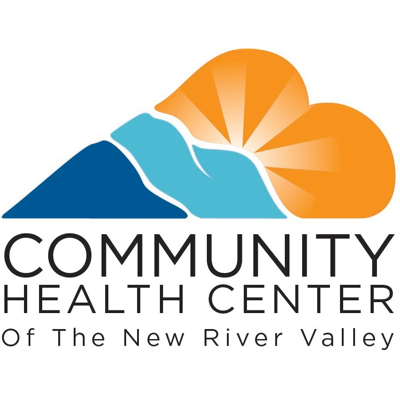Responding to the public health crisis is both rewarding and challenging work. Sources of stress for emergency responders may include witnessing human suffering, risk of personal harm, intense workloads, life-and-death decisions, and separation from family. Stress prevention and management is critical for responders to stay well and to continue to help in the situation. There are important steps responders should take before, during, and after an event. To take care of others, responders must be feeling well and thinking clearly.
During a Response: Understand and Identify Burnout and Secondary Traumatic Stress
Responders experience stress during a crisis. When stress builds up it can cause:
- Burnout – feelings of extreme exhaustion and being overwhelmed.
- Secondary traumatic stress – stress reactions and symptoms resulting from exposure to another individual’s traumatic experiences, rather than from exposure directly to a traumatic event.
Coping techniques like taking breaks, eating healthy foods, exercising, and using the buddy system can help prevent and reduce burnout and secondary traumatic stress. Recognize the signs of both conditions in yourself and in other responders to be sure those who need a break or need help can address these needs.
Signs of Burnout:
- Sadness, depression, or apathy
- Easily frustrated
- Blaming of others, irritability
- Lacking feelings, indifferent
- Isolation or disconnection from others
- Poor self-care (hygiene)
- Tired, exhausted or overwhelmed
- Feeling like:
- A failure
- Nothing you can do will help
- You are not doing your job well
- You need alcohol/other drugs to cope
Signs of Secondary Traumatic Stress:
- Excessively worry or fear about something bad happening
- Easily startled, or “on guard” all the time
- Physical signs of stress (e.g. racing heart)
- Nightmares or recurrent thoughts about the traumatic situation
- The feeling that others’ trauma is yours
Responder Self-Care Techniques
- Limit working hours to no longer than 12-hour shifts.
- Write in a journal.
- Talk to family, friends, supervisors, and teammates about your feelings and experiences.
- Practice breathing and relaxation techniques.
- Maintain a healthy diet and get adequate sleep and exercise.
- Know that it is okay to draw boundaries and say “no.”
